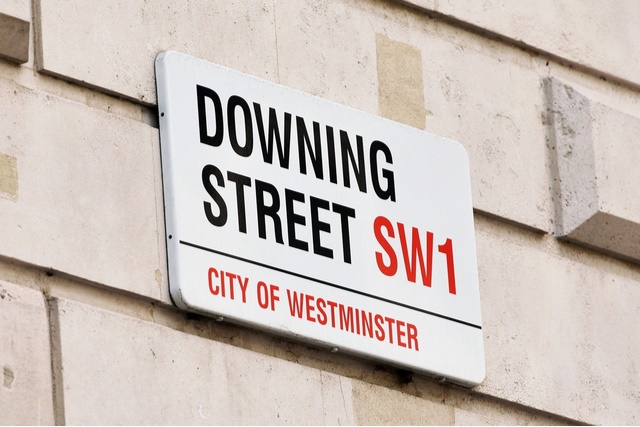Return of Parliament Weighs on Pound Euro (GBP/EUR) Exchange Rate as Political Jitters Mount
As MPs returned to parliament following Tuesday’s supreme court ruling the Pound Sterling to Euro (GBP/EUR) exchange rate returned to a downtrend.
With Boris Johnson facing increased calls to resign in the face of the judgement markets are wary of the prospect of further political disruption in the days ahead.
The increased odds of a potential early general election also helped to weigh Pound Sterling (GBP) down on Wednesday morning.
Although the reconvening of parliament may help to foster greater progress towards a resolution of the Brexit issue this prospect was not enough to shore up GBP exchange rates for the time being.
As the CBI reported retail sales index remained in negative territory in September this added to the bearishness of the GBP/EUR exchange rate.
Unexpected French Consumer Confidence Uptick Boosts Euro (EUR)
Demand for the Euro (EUR), meanwhile, improved on the back of a surprise improvement in September’s French consumer confidence index.
As the index picked up from 103 to 104.1 this delivered a ninth consecutive month of improvement, encouraging a greater sense of optimism in the French economic outlook.
With consumers showing increased signs of confidence, in spite of global trade tensions and the wider growth slowdown, EUR exchange rates found a fresh boost.
Higher levels of domestic confidence are likely to translate into stronger growth in the months ahead, helping to shore up the French economy.
Discussing the data, Julien Manceaux, senior economist at ING, noted:
‘We clearly see a case for better consumer spending figures, starting this Friday when the August figures will be published. We believe this will confirm our view that private consumption will be stronger in the second half of 2019 (after only 0.2% quarter-on-quarter in the second quarter and 0.4% in the first).’
Dovish ECB Bulletin Forecast to Reverse EUR Exchange Rate Gains
The GBP/EUR exchange rate could find a rallying point on Thursday, however, if the European Central Bank’s (ECB) latest economic bulletin shows greater signs of dovishness.
Evidence that the central bank is maintaining its loosening bias would give investors reason to continue pricing in the prospect of further policy action.
As long as the ECB looks set to deliver additional monetary loosening before the end of the year any support for the single currency could prove short-lived in nature.
On the other hand, signs of increased division among policymakers may prompt the Euro to make fresh gains against its rivals.
A stronger showing from October’s German GfK consumer confidence index could offer an additional boost to the single currency.
Any indication that sentiment within the Eurozone’s powerhouse economy is improving may encourage hopes of a more resilient third quarter performance, limiting the risk of a possible recession.


Comments are closed.